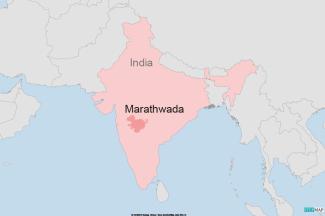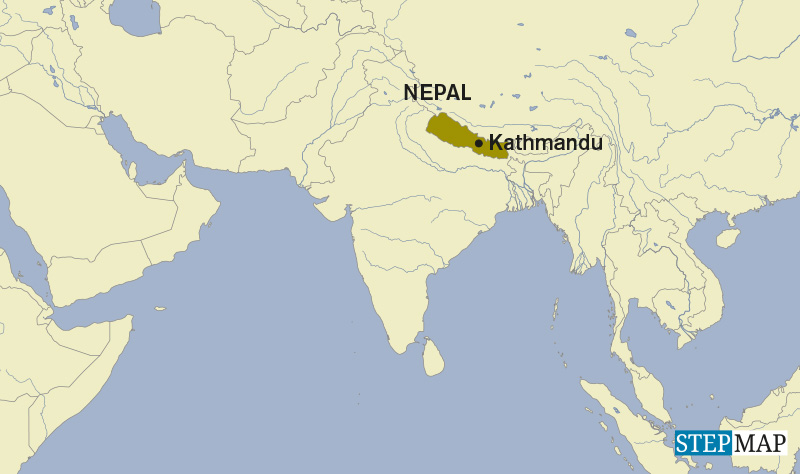Dalit kitchen
A cookbook reveals the connection of diet and tradition

“Dalit kitchens of Marathwada” by Shahu Patole is more than a typical cookbook, as it boldly explores issues of caste, identity and culture through food. Marathwada is a region in Maharashtra, and Dalits are the lowest-caste Hindus, who have a long history of discrimination and marginalisation.
The author is a Dalit himself. He says he felt compelled to write the book because he could not find any references to the communities’ food culture in religious or social literature. Patole is a retired government officer and writes in Marathi. The English edition makes his insights internationally accessible. The excellent translation was prepared by Bhushan Korgaonkar.
The reader gets a glimpse of how food relates to Hindu belief systems. Food is often classified as pure (“sattvic”) or sinful (“tamasic”). Rigid rules that were derived from Hindu scriptures determine what certain castes may eat. Food was thus weaponised to entrench caste divisions.
Patole challenges such long-held ideas. The harsh reality is that Dalits were historically denied access to ingredients like milk, ghee (clarified butter) and oil. The book draws upon his lived experience, showcasing Dalits’ resourcefulness in terms of making delicious meals with minimal resources.
The book paints a stark contrast between the food security of Dalits and upper-caste farmers. The lowest caste had to make use of whatever resources they could get. One message is that the marginalised communities have a deep connection to nature. That bond was born from necessity, as they relied on what was available to survive.
The author describes hunting practices of the Mahar and Mang communities, such as catching rabbits or birds. In the eyes of traditionally vegetarian upper castes, this kind of food is disgusting. Patole, however, challenges the idea that “one becomes what one eats”, and it does not bother him that pretentious people might accuse him of sinning simply because he wrote the book.
What makes his publication particularly powerful is the vivid depiction of Dalit cuisine. The book features lesser-known ingredients and unconventional cooking methods. Precise measurements are secondary to intuition—mirroring not only how the recipes were passed down through generations, but also how Dalit cooks had to make do with whatever was available at any point in time. From humble staples to celebratory dishes, the recipes show how food is closely related to cultural identity. Patole’s documentation of Dalits’ culinary culture is an important step towards achieving a more equitable future.
Reference
Patole, S., 2024: Dalit Kitchens of Marathwada. Gurugram, Haryana, HarperCollins Publishers India.
Roli Mahajan is a journalist based in Lucknow, India.
roli.mahajan@gmail.com









